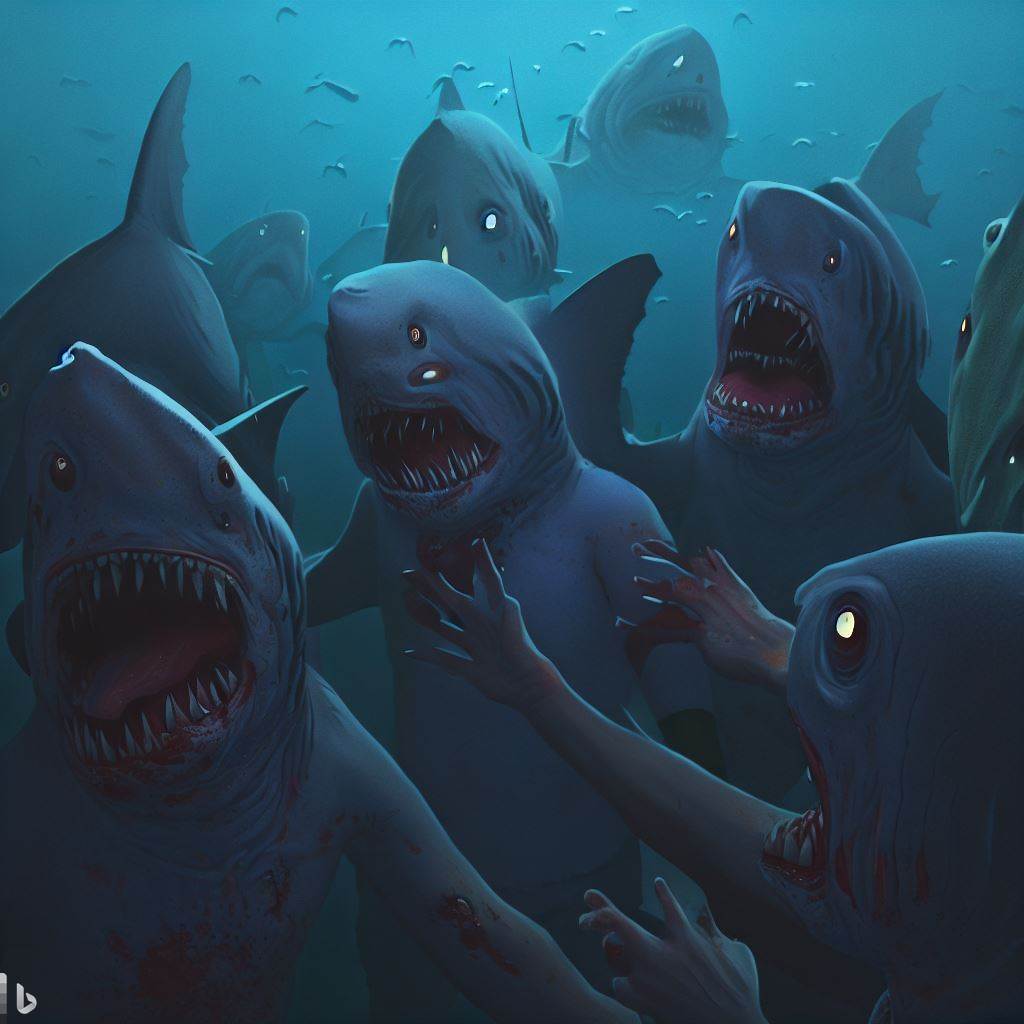
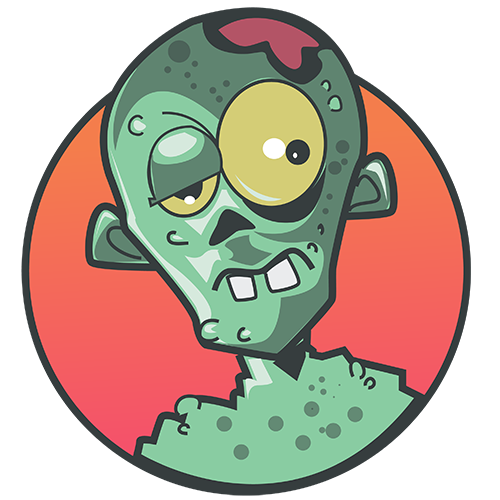
In the realm of fictional scenarios, an aquatic zombie apocalypse may seem far-fetched, but it’s an intriguing concept to ponder. While the idea brings to mind thrilling tales of survival, it’s worth exploring the potential consequences such an event would have on the ocean ecosystem. In this article, we’ll dive deep into the hypothetical scenario of an aquatic zombie apocalypse and examine its possible effects on marine life and the delicate balance of the ocean.
Disruption of Food Chain:
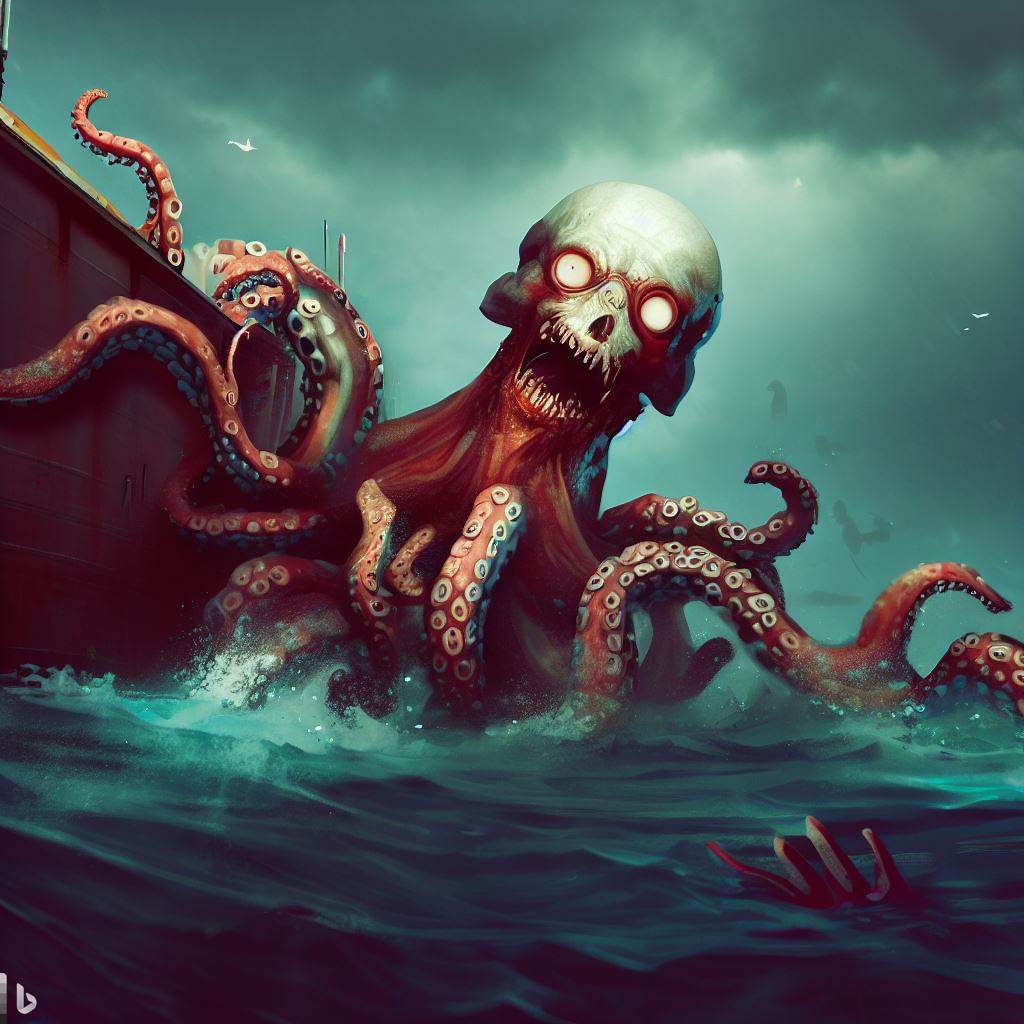
In the event of an aquatic zombie apocalypse, one significant impact would be the disruption of the ocean’s food chain. Zombies, in their relentless pursuit of prey, would likely target marine creatures, leading to a significant decline in populations. This disruption could lead to imbalances within the ecosystem, affecting predator-prey relationships and causing ripple effects throughout the entire food web.
Decrease in Biodiversity:
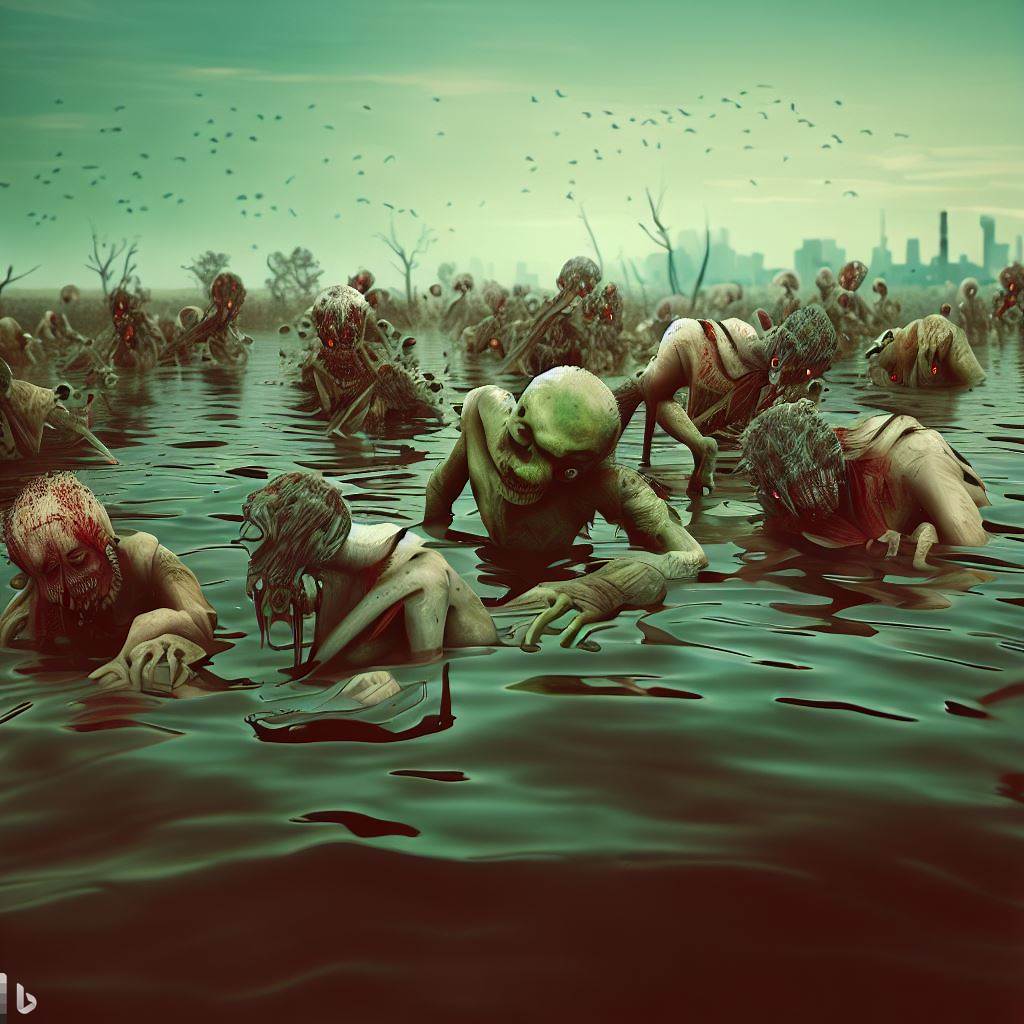
As zombies wreak havoc on marine life, certain species may face extinction due to the chaos and destruction. Biodiversity, a crucial aspect of ocean health, would suffer a severe blow. The loss of key species could lead to the destabilization of entire ecosystems, affecting the overall resilience and functionality of marine environments.
Pollution and Decomposition:

An aquatic zombie apocalypse would introduce additional challenges related to pollution and decomposition. As zombies decay underwater, the release of bodily fluids and decay byproducts could contaminate the water, leading to water quality issues. The accumulation of decomposing zombie remains and the associated bacteria could contribute to the spread of diseases, further endangering marine life.
Altered Behavior and Migration Patterns:

With the presence of zombies in the ocean, marine animals would undoubtedly alter their behavior and migration patterns. The instinct for self-preservation might drive them to seek safer waters or change feeding habits to avoid areas infested by zombies. These behavioral changes could lead to disruptions in traditional migration patterns, potentially affecting breeding cycles and the distribution of species.
Potential Habitat Destruction:
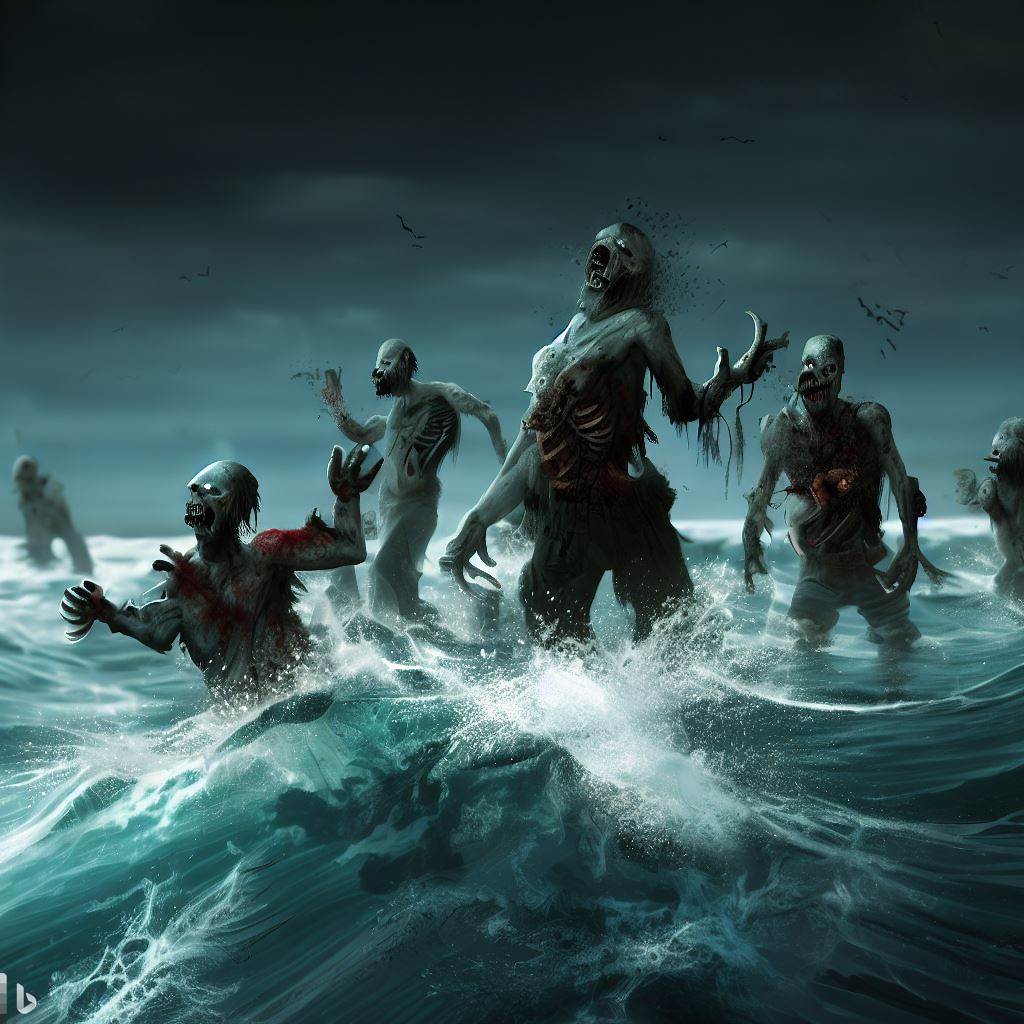
Aquatic zombies, driven by primal urges, might display destructive behaviors, damaging vital marine habitats. Coral reefs, seagrass beds, and other sensitive ecosystems could suffer from the mindless assaults of zombies, leading to habitat destruction. This destruction would not only impact marine organisms directly but also affect the overall health and productivity of the ocean.
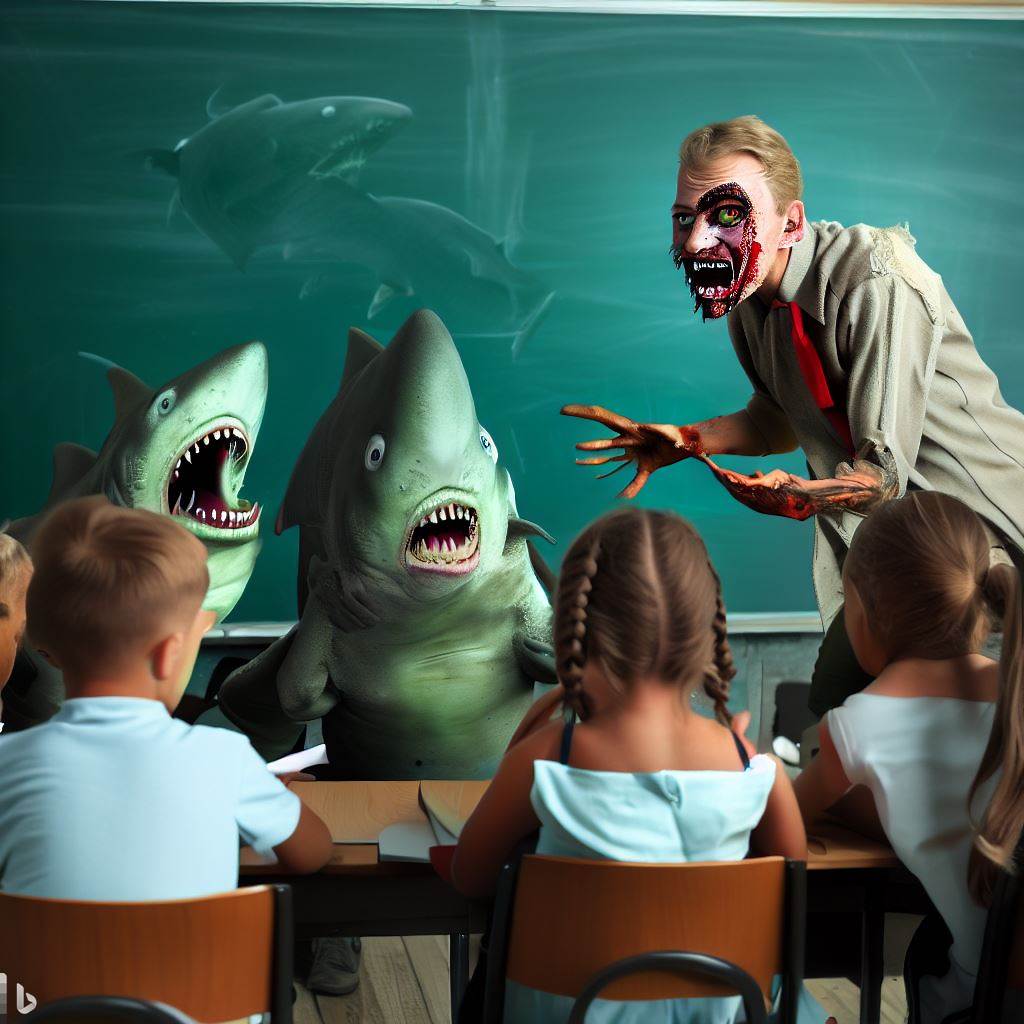
While an aquatic zombie apocalypse is purely speculative, contemplating its impact on the ocean provides insights into the fragile balance of marine ecosystems. The disruption of the food chain, loss of biodiversity, pollution concerns, altered behavior, and potential habitat destruction all highlight the crucial role that each component of the ocean plays in maintaining a healthy and thriving environment. Understanding and safeguarding our oceans in the face of various threats, whether real or fictional, is vital to ensure the preservation of these invaluable ecosystems for generations to come.


